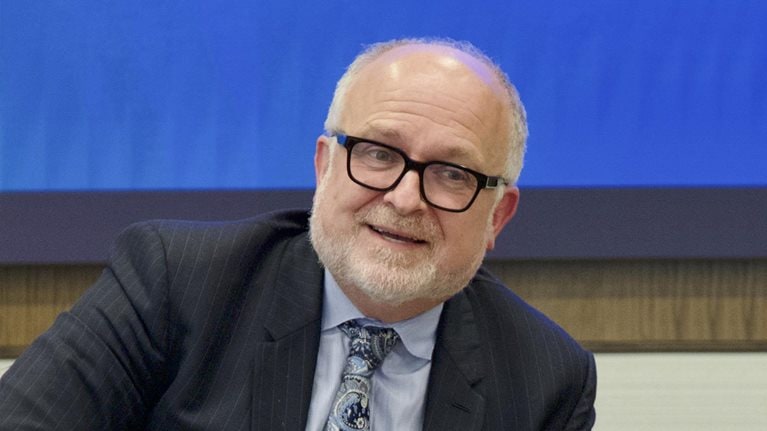We are living longer, but we are also spending more years in poor health. Over the last 60 years, for every year of life gained, we spent an extra 6 months in poor health. By 2040, almost 15 percent of the global population will be age 65 or older. A rapidly aging global population means it’s more important than ever to focus on increasing healthspan — years spent in good health — in addition to lifespan. The inversion of the age pyramid and the health of our aging population will have implications for economic growth, labor force structures and talent gaps, healthcare spending, retirement benefits and pensions, and equity across the globe.
The McKinsey Health Institute (MHI) conducts research on healthy longevity — including on the modifiable drivers of health and the factors that most influence how older adults perceive their health — and helps global stakeholders catalyze a world where people can flourish in all stages of life.






